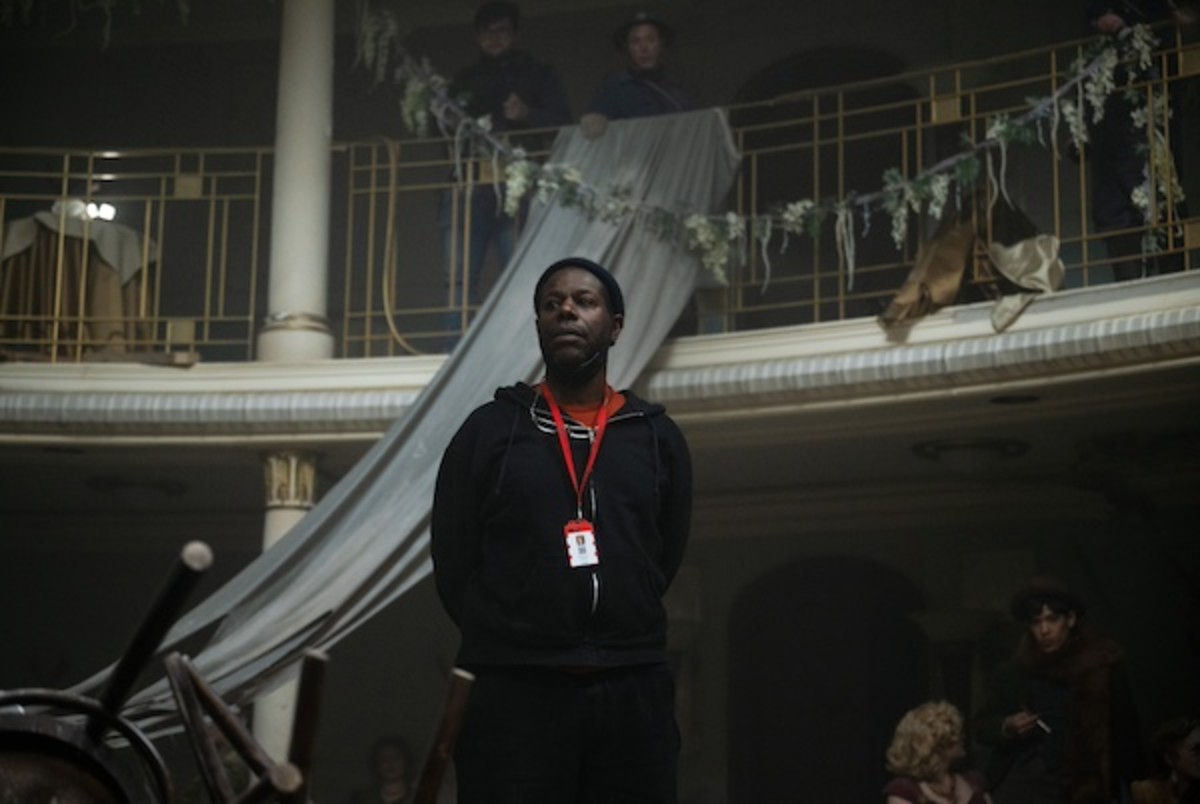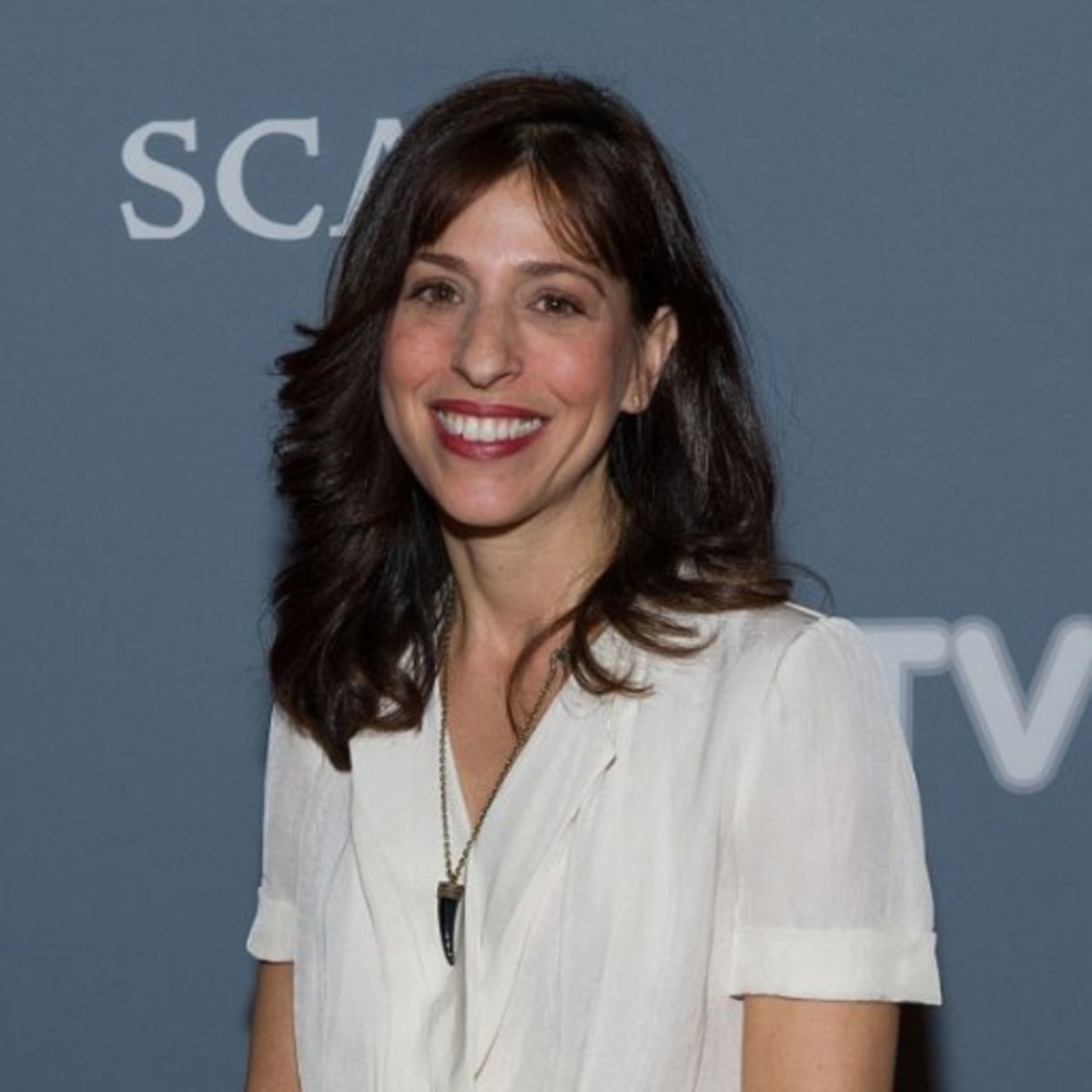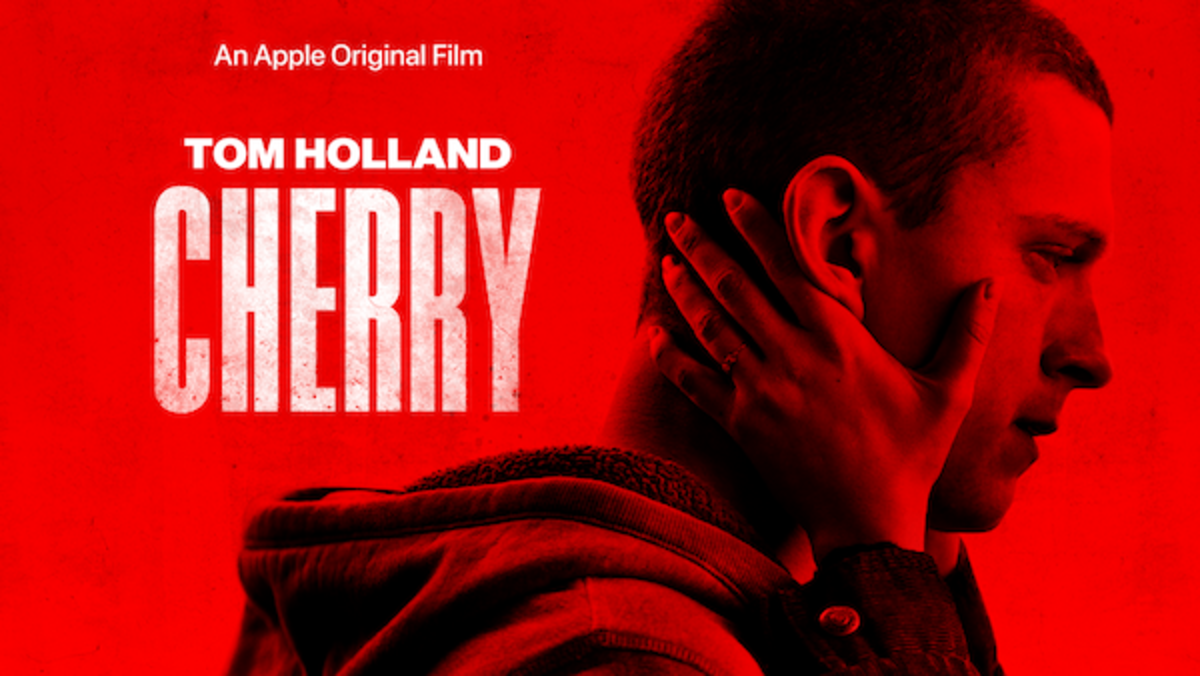In this wide-ranging discussion Steve McQueen delves into his writing process and inspirations, his current installation work, and how they inform Blitz.
Susan Kouguell – Script Magazine Nov 25, 2024
Blitz follows the epic journey of George (Elliott Heffernan), a nine-year-old boy in World War II London whose mother Rita (Saoirse Ronan) sends him to safety in the English countryside. George, defiant and determined to return home to his mom and his grandfather Gerald (Paul Weller) in East London, embarks on an adventure, only to find himself in immense peril, while a distraught Rita searches for her missing son.
Last year I had the pleasure to interview Steve McQueen and Bianca Stigter about their documentary Occupied City for this publication. McQueen’s work stretches across various mediums, including narrative features, documentaries, visual and video art. In our wide-ranging discussion we delved into his writing process and inspirations, his current installation work, and how they inform Blitz.
![[L-R] Elliott Heffernan as George and Saoirse Ronan as Rita in Blitz (2024).](https://scriptmag.com/.image/t_share/MjEwOTUyNTU0MDM5NzQ4NTg1/blitz__photo_0104.jpg)
Kouguell: In Occupied City you examine the ramifications of the Nazi occupation of Amsterdam and in Blitz, you explore the German Blitzkrieg of London. How did each of these films feed into the other if at all? Was the release timing of the two films intentional?
McQueen: The release time is not necessarily intentional but what I think linked them is childhood. My children were born and went to school in Amsterdam. Living in Amsterdam, I felt I was living with ghosts (from WWII). My son went to a former Jewish school and my daughter went to a school that was an SS interrogation center in the past. It was really kind of interesting in that sense of these sorts of beginnings and these sorts of narratives at the same time, and what was going on in these lived spaces.
In London, with the character of George, I was concerned with the German Bombers and his location, how he was going to be evacuated, and the danger he would be in there just by being a Black child.
Kouguell: You were inspired by a photograph of a Black child in an oversized coat, bulky suitcase in hand, standing alone in a train station.
McQueen: That was a starting point. I was a war artist in Iraq in 2003 and that was a trigger of wanting to make a movie about the war. Being a civilian in war is obviously confronting. How we experience war in general is through the media, which is obviously very abstract and I wanted to bring war home to make it more real. We’re numb to it and somehow I thought the 1940s Blitz would be a way in.
Kouguell: Blitz is your first solo feature writing credit. You worked with author and historian Joshua Levine, who wrote The Secret History of the Blitz to ensure historical accuracy.

McQueen: I actually wrote the script before I met Joshua or read his book. I was doing my own research. I wish I was using his book at the time. It wasn’t a case of him telling me stuff, it was a case of researching and then refining that. It was very interesting because I would go back and check certain things and then he would add certain things, and so forth.
Kouguell: Tell me about your writing process.
McQueen: I’m dyslexic so I use a Dictaphone. I would work with my assistant and we would start for two hours and take a break and go back for two hours, and then I would do some work on my own and then dictate to her. It was great. It was exciting. It’s about sound, as well as everything else. I was able to hear it back. For me, it’s very oral.
Kouguell: You describe Blitz as a Brothers Grimm-type fairy tale. We’re seeing the world through George’s eyes and through his gaze.
McQueen: It’s more to do with how fairy tales are told to children. No holds barred. Children were not seen as idiots but as small adults. How the Brothers Grimm went about it in some ways was kind of very dark. There was a tale. I felt that it was extraordinary how they didn’t pull any punches with children. A lot of Blitz is done at night. There’s a dream quality to it. I just love that suspended reality.
Kouguell: You co-wrote the song Winter Coat with Nicholas Britell for the film. How did that come about?
McQueen: My father, when he died, I got left his winter coat. I love the idea when Saoirse’s character is singing this song in front of the women in the munitions factory. These women are maybe missing an uncle or a father or brother or a loved one. Everybody has an idea and understanding of it because putting on a coat is like an embrace, its arms wrapping around you and keeping you warm from the coldness. The coat is a keepsake, it suggests an absence but it’s also about a presence.
Kouguell: Your current gallery show at Dia Chelsea, includes a powerful video installation entitled Sunshine State, in which you narrate a story of racially motivated violence told by your father against images of the actor Al Jolson in blackface in the film The Jazz Singer, the first talkie. Let’s talk about the influence of experimental films, such as Man Ray’s Emak Bakia (1926), in Blitz.
McQueen: With the First World War and this new technology of film, people were grappling with the huge effects of the War. I think that a lot of the avant-garde or the Dadaists and Surrealists came out of that because the war was so beyond horrific. These Dadaists and Surrealists were playing with the newest technologies in film and that was exciting for me.
Seeing this Man Ray film, I thought it could be interesting to take out these pieces from this film because the two images I have in the beginning of Blitz are the X-ray images of salt crystals, the bed of the sea and then we cut to some daisies.
The daisies appear three times in Blitz. It is the sort of nostalgic idea of how things should be, and how things could be. There was that symbol of maybe hope in the end or the possibility of hope. I mean that’s all we got, isn’t it?
Blitz is in select theaters and on Apple TV+ .

